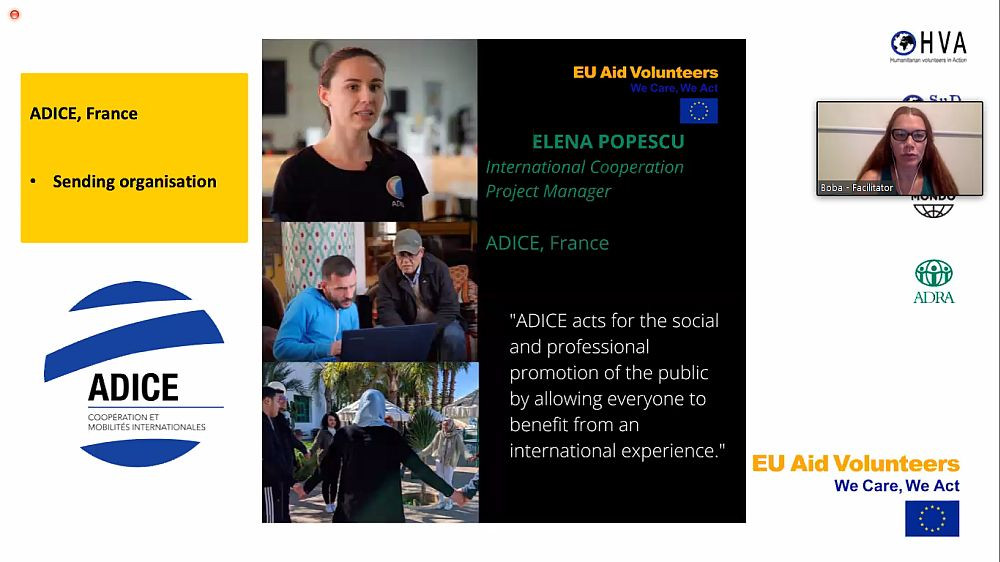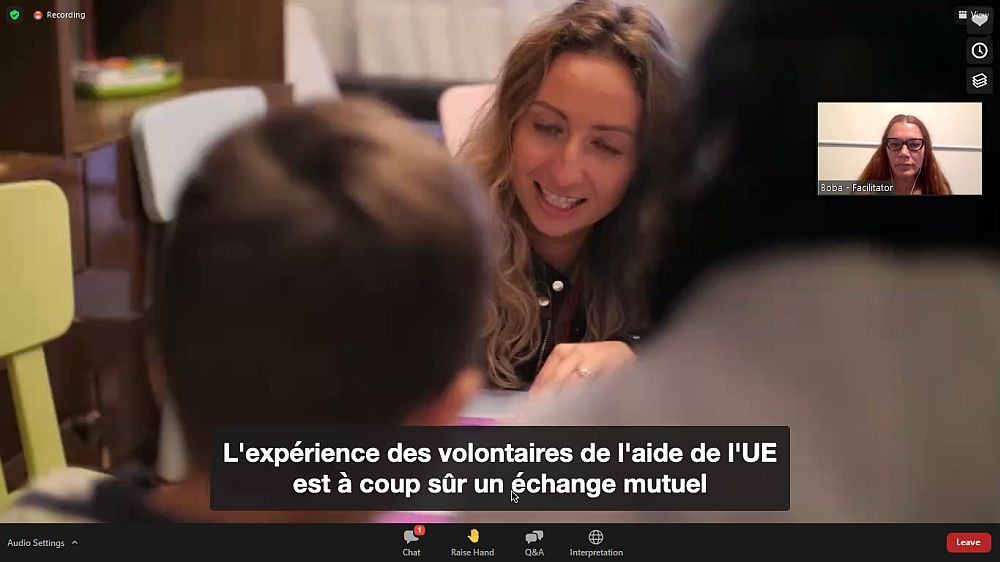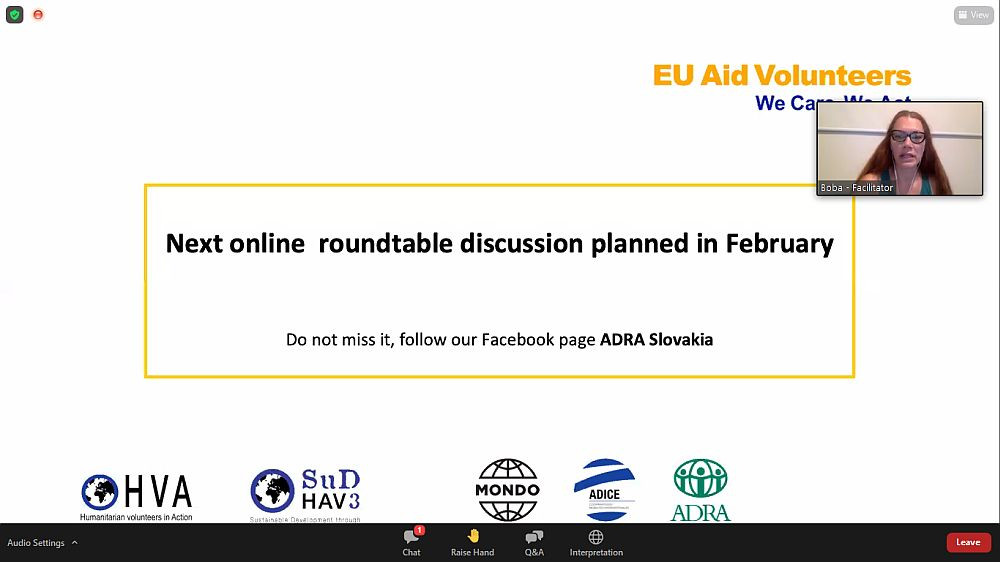Support to organizations that receive EU volunteers

28. Jan 2021.
As a part of the support program for organizations involved in the process of obtaining a certificate for EU volunteers, the second session was held on the topic: "Development of volunteers in the covid and post covid era - current and future challenges of sending organizations and organizations in the role host organization to EU volunteers". The goal of participating in the mentioned session is to strengthen the organizations that are in the process of certification through the experience of organizations that implement the host-sending program through long practice.
It was mentioned important for the implementation of the project "Strengthening the capacity of humanitarian organizations to receive and lead EU volunteers" in which the Ecumenical Humanitarian Organization participates as a partner with MHD Merhamet Sandžak from Novi Pazar and Philantrophy, Charitable Foundation of the Serbian Orthodox Church in Belgrade, under the mentorship of ADRA Slovakia. The project is implemented with the support of the Italian partner ASPEm (ASPEm - European Commission), and funding is provided from EU funds of the European Union within the EU Aid Volunteering program.
On the topic of the above session, 6 participants from different countries presented their experiences. The presentation began with a short video in which the volunteers shared their visions, aspects of volunteerism, as well as the importance of the experience gained during the volunteer engagement. After the introductory part, the representatives from France and Estonia shared the achieved results as organizations that have the role of organizations that send volunteers. In the continuation, the representatives of Albania, Morocco, Kenya and India shared their experiences in the capacity of organizations that receive or have the role of hosts to volunteers. Through the presentation, representatives from these countries highlighted the challenges in the work as well as the number of volunteers involved in various programs. Finally, conclusions were drawn regarding the positive lessons learned during the pandemic, namely: the ability to adapt to new contexts, developing and mastering digital competencies, developing skills and "new talents" in terms of achieving understanding in online communication. At the end of the presentation, participants are invited to attend the next session, which will be held during the month of February.


